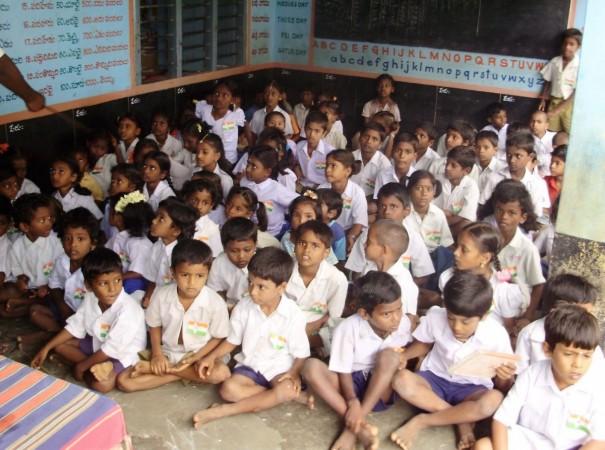
India will be 50 years late in meeting its global education commitments outlined under the 2030 deadline of achieving sustainable development goals unless it makes fundamental changes in the education system, according to a new UNESCO report based on current estimates.
The report titled "Global Education Monitoring" (GEM) states that universal primary education in Southern Asia will be achieved in 2051, lower secondary in 2062, and upper secondary in 2087 based on current trends. India roughly falls within the same average and is expected to achieve universal primary education in 2050, universal lower secondary education in 2060 and universal upper secondary education in 2085.
"This means the region would be more than half a century late for the 2030 Sustainable Development Goals (SDGs) deadline," it added, according to PTI.
The report recommends an urgent intervention in the education sector. It says that the sector needs a major overhaul to meet and realize the country's potential to meet the current challenges facing humanity and the planet.
The report also references another report titled "Education for People and Planet" to explain the need for education systems to step up attention to environmental concerns.
"While in the majority of countries, education is the best indicator of climate change awareness, half of countries curricula worldwide do not explicitly mention climate change in their content. India is an exception, where currently some 300 million school students receive some environmental education," it said.
The data from the report suggested that only five percent of adults in India have attended literacy programmes after they pass the formal schooling system. In the poorest countries of the world, the figure is six percent.
The report recommends governments of various countries to address inequalities in education with more concern. It also recommends them to track inequalities by collecting information directly from families.
"The new global development agenda calls for education ministers and other education actors to work in collaboration with other sectors," it said.
The GEM report lists various benefits that could come if education actors work in collaboration with other sectors such as contribution in increasing crop yields by 12 percent. Other benefits include reducing population growth through improving education.












